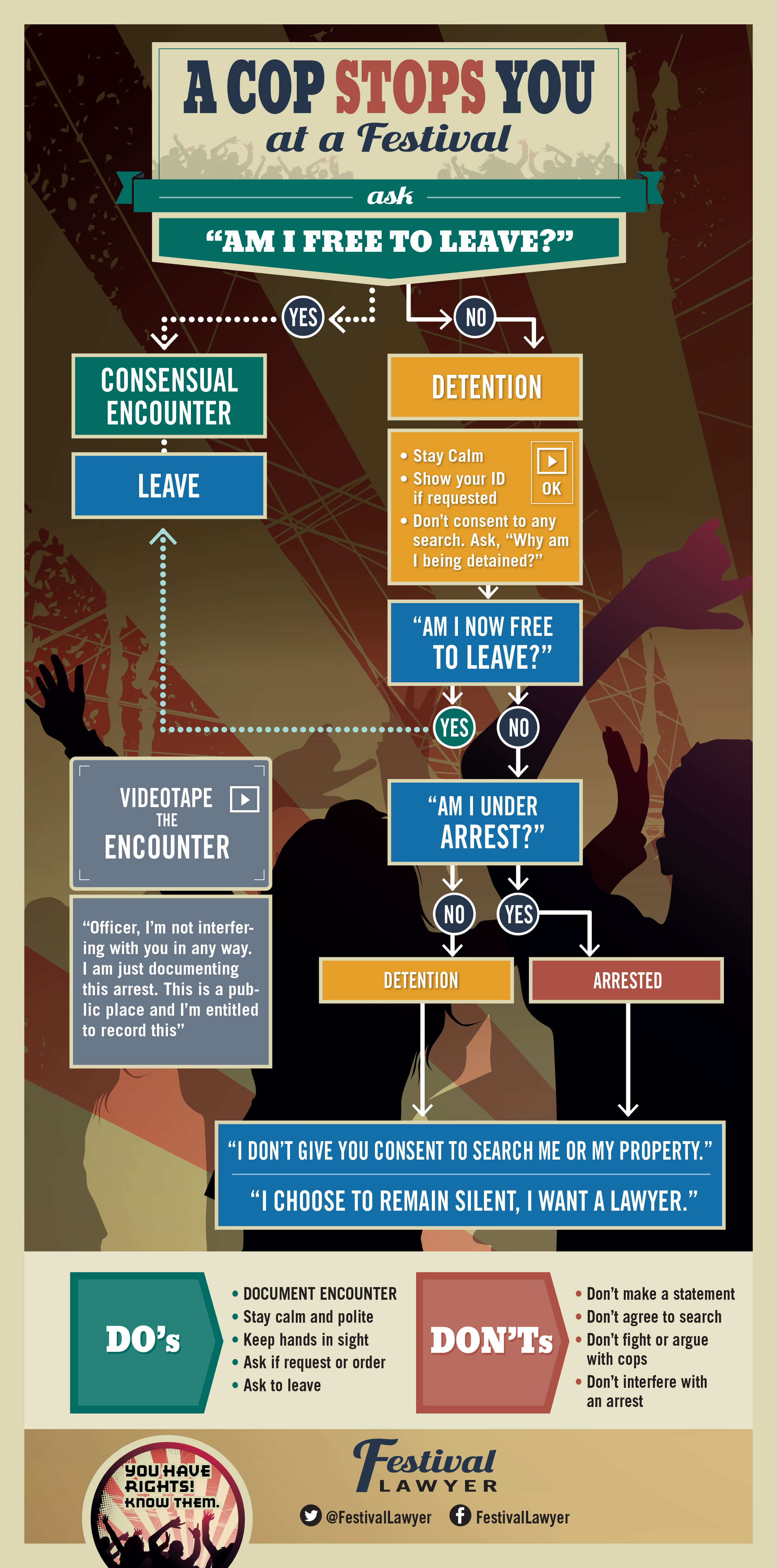Common Myths Concerning Criminal Protection: Debunking Misconceptions
Common Myths Concerning Criminal Protection: Debunking Misconceptions
Blog Article
Article Created By-Reid Dixon
You've most likely heard the myth that if you're charged with a crime, you need to be guilty, or that remaining silent means you're concealing something. These widespread beliefs not just misshape public assumption but can also affect the end results of lawful procedures. It's crucial to peel back the layers of mistaken belief to comprehend truth nature of criminal protection and the civil liberties it shields. What if you recognized that these myths could be taking apart the really foundations of justice? Join the conversation and explore exactly how exposing these myths is important for making sure justness in our legal system.
Myth: All Accuseds Are Guilty
Commonly, individuals mistakenly believe that if someone is charged with a crime, they need to be guilty. You may presume that the lawful system is foolproof, however that's much from the reality. Costs can come from misconceptions, incorrect identifications, or not enough proof. It's crucial to remember that in the eyes of the law, you're innocent till tried and tested guilty.
This assumption of virtue is the bedrock of the criminal justice system. It ensures that the burden of proof lies with the prosecution, not you. They should develop past a reasonable question that you dedicated the criminal activity. This high basic shields people from wrongful convictions, making sure that no person is penalized based upon presumptions or weak proof.
Furthermore, being billed doesn't indicate the end of the road for you. You deserve to safeguard on your own in court. This is where an experienced defense attorney enters into play. They can challenge the prosecution's case, existing counter-evidence, and advocate on your behalf.
The complexity of lawful procedures frequently requires skilled navigation to protect your rights and achieve a fair end result.
Misconception: Silence Equals Admission
Several think that if you choose to stay quiet when charged of a crime, you're basically admitting guilt. Nevertheless, this couldn't be better from the fact. Your right to remain silent is safeguarded under the Fifth Modification to stay clear of self-incrimination. It's a lawful safeguard, not a sign of sense of guilt.
When you're silent, you're really working out an essential right. This prevents you from claiming something that could inadvertently hurt your defense. Keep in mind, in the warmth of the minute, it's simple to get overwhelmed or talk improperly. Law enforcement can interpret your words in ways you didn't plan.
By staying quiet, you give your lawyer the best possibility to defend you properly, without the complication of misunderstood statements.
Furthermore, it's the prosecution's work to prove you're guilty past a sensible uncertainty. Your silence can't be utilized as proof of shame. In Web Site , jurors are advised not to translate silence as an admission of regret.
Misconception: Public Protectors Are Inefficient
The misconception that public defenders are inefficient continues, yet it's critical to understand their critical function in the justice system. Many believe that due to the fact that public defenders are usually overwhelmed with instances, they can't supply high quality defense. However, this neglects the deepness of their commitment and proficiency.
Public defenders are fully licensed lawyers that've selected to specialize in criminal law. They're as qualified as personal legal representatives and often much more seasoned in trial work as a result of the volume of cases they manage. You may believe they're much less motivated since they don't choose their customers, yet actually, they're deeply dedicated to the ideals of justice and equality.
It is essential to bear in mind that all lawyers, whether public or exclusive, face obstacles and restrictions. Public defenders frequently work with fewer resources and under even more stress. Yet, Learn Even more demonstrate durability and creativity in their protection strategies.
Their function isn't simply a work; it's a goal to guarantee that every person, no matter revenue, receives a reasonable test.
Conclusion
You may believe if someone's billed, they have to be guilty, but that's not just how our system works. Selecting to remain silent doesn't suggest you're confessing anything; it's just smart protection. And do not ignore public protectors; they're committed professionals committed to justice. Remember, everyone deserves a reasonable trial and competent depiction-- these are basic legal rights. Let's drop these myths and see the legal system of what it absolutely is: an area where justice is looked for, not just punishment dispensed.
